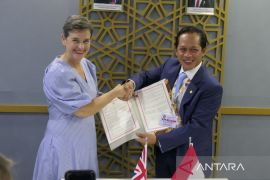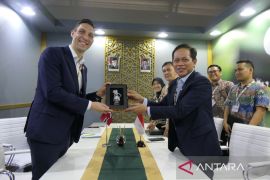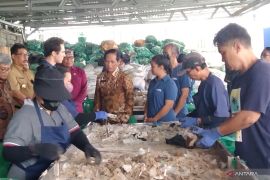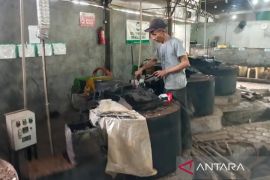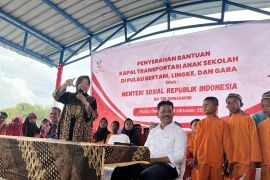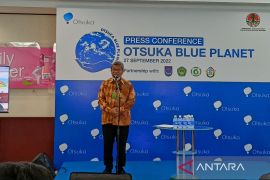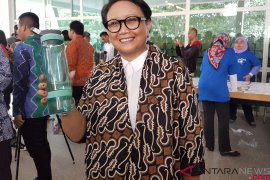The Ministry of Environment's Director of Waste Reduction and Circular Economy Development, Agus Rusli, noted that most plastic consumption in Indonesia comes from daily activities, like using single-use plastic bags for shopping or household products containing microplastics.
"We no longer use newspapers to wrap chilies or groceries. Everyone uses plastic bags. Mothers who go to the market mostly don't bring shopping bags like our parents used to," he shared during an online discussion on "Dissecting the Problem of Plastic Pollution in Indonesia" on Wednesday.
He believes that this shift towards convenience has accelerated plastic waste accumulation.
Thus, public education and eco-friendly lifestyle campaigns must be strengthened to encourage community involvement in reducing plastic at its source.
The Ministry of Environment continues to push for restrictions on single-use plastic through regulations and a waste reduction roadmap for producers.
However, Rusli stressed that regulations alone aren't enough without changes in consumption patterns.
"Plastic is very useful if used wisely and sustainably. The problem is irresponsible use and disposal. That's what we must change together," he emphasized.
Rusli also pointed to low public awareness about microplastics, largely from household activities like washing synthetic clothes or using microbead-containing facial cleansers.
These microplastics enter waterways, pollute the sea, and can re-enter the human body through fish consumption.
Therefore, he underscored the importance of a cultural approach to plastic management.
"We need to rebuild the culture of carrying shopping bags, using refillable containers, and avoiding overly packaged products. This lifestyle change has a much greater long-term impact," he asserted.
The Ministry of Environment reports that Indonesia generates about 12 million tons of plastic waste annually, with only about 14 percent recycled.
The rest either piles up in landfills or pollutes the environment.
Rusli concluded that household contributions in reducing plastic consumption are crucial for meeting national waste reduction targets.
Related news: Indonesia pushes multilateral cooperation to tackle plastic pollution
Related news: Indonesia to make producers responsible for plastic waste
Translator: M. Riezko Bima Elko Prasetyo, Yashinta Difa
Editor: Aditya Eko Sigit Wicaksono
Copyright © ANTARA 2025


